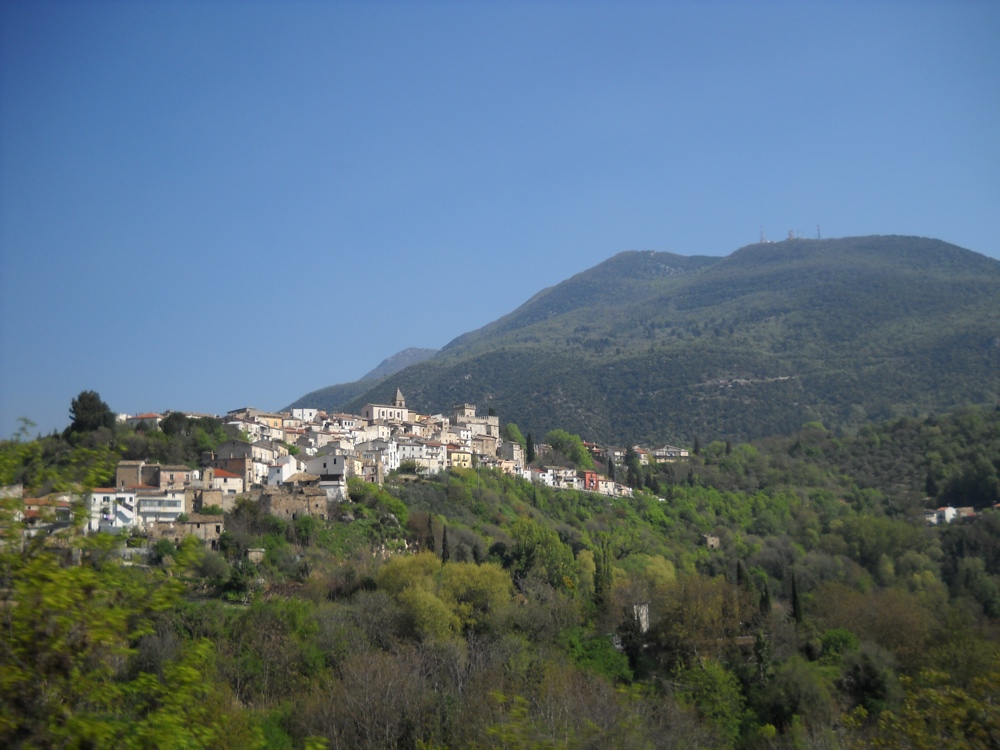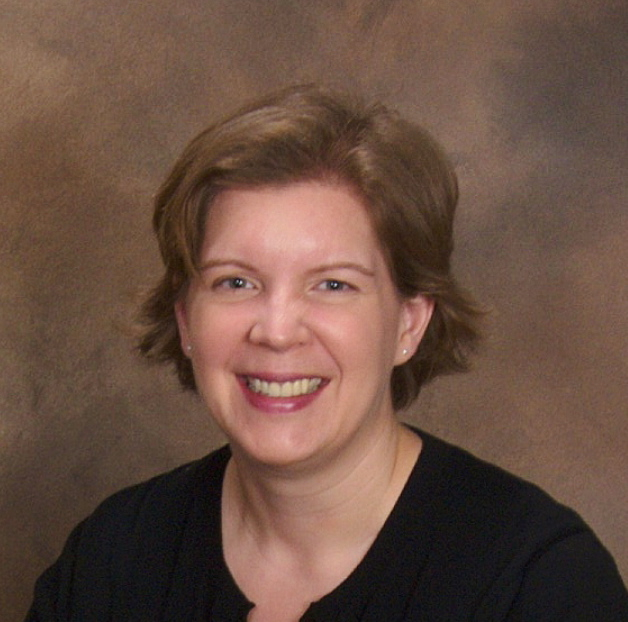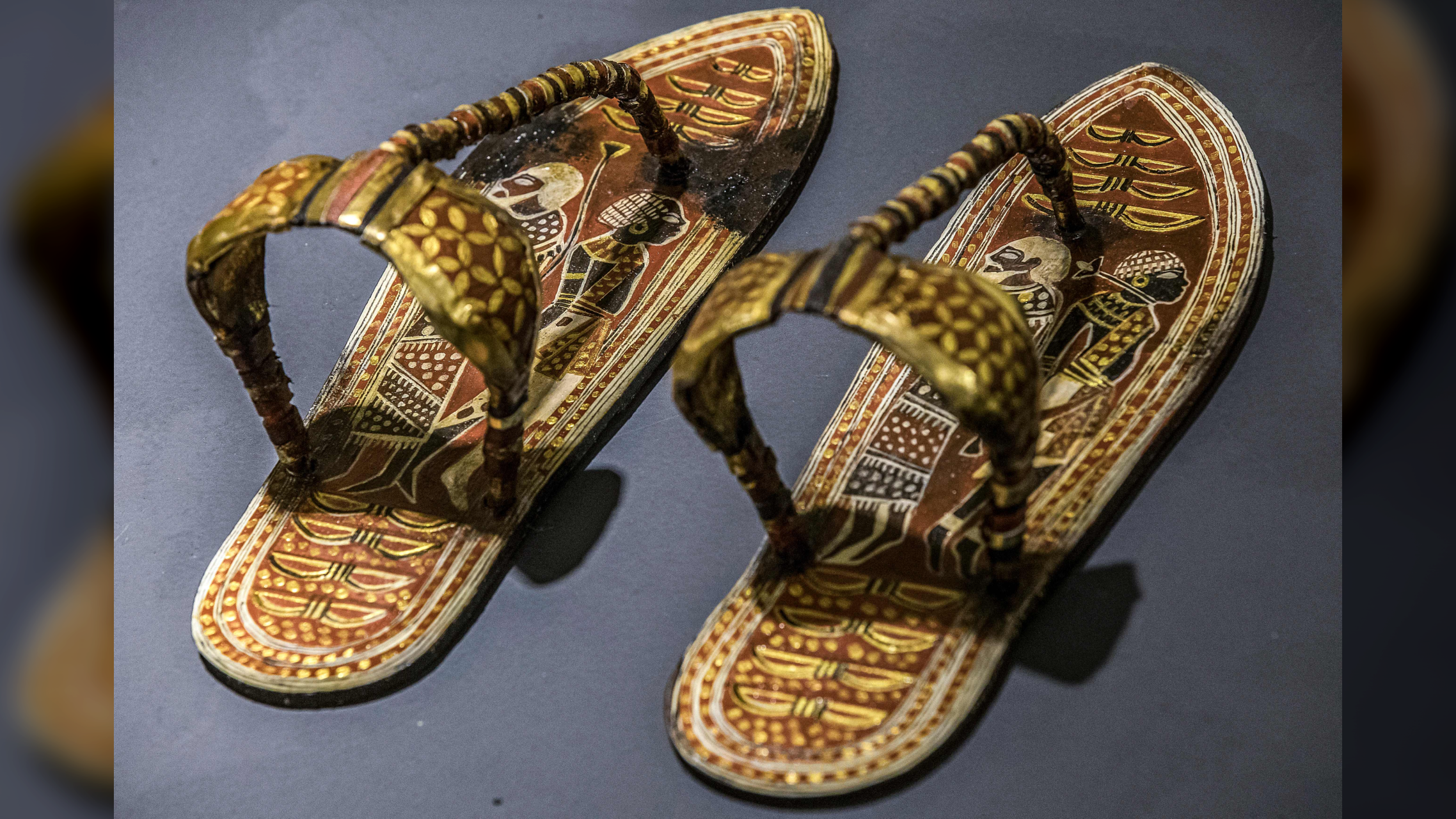L'Aquila Earthquake Scientists Win Manslaughter Appeal

Get the world’s most fascinating discoveries delivered straight to your inbox.
You are now subscribed
Your newsletter sign-up was successful
Want to add more newsletters?

Delivered Daily
Daily Newsletter
Sign up for the latest discoveries, groundbreaking research and fascinating breakthroughs that impact you and the wider world direct to your inbox.

Once a week
Life's Little Mysteries
Feed your curiosity with an exclusive mystery every week, solved with science and delivered direct to your inbox before it's seen anywhere else.

Once a week
How It Works
Sign up to our free science & technology newsletter for your weekly fix of fascinating articles, quick quizzes, amazing images, and more

Delivered daily
Space.com Newsletter
Breaking space news, the latest updates on rocket launches, skywatching events and more!

Once a month
Watch This Space
Sign up to our monthly entertainment newsletter to keep up with all our coverage of the latest sci-fi and space movies, tv shows, games and books.

Once a week
Night Sky This Week
Discover this week's must-see night sky events, moon phases, and stunning astrophotos. Sign up for our skywatching newsletter and explore the universe with us!
Join the club
Get full access to premium articles, exclusive features and a growing list of member rewards.
The Italian scientists convicted of manslaughter for failing to sufficiently warn the public before the deadly 2009 L'Aquila earthquake won an appeal of their conviction Monday (Nov. 10).
An appeals court in L'Aquila overturned the 2012 convictions and completely cleared the six scientists, according to the Associated Press. The men were members of an official commission convened to evaluate the threat from tremors that had rocked L'Aquila for months before a magnitude-6.3 quake killed 309 people on April 6, 2009.
In October 2012, the six scientists, along with one government official who served on the committee, were sentenced to six years in prison for underestimating the city's earthquake risk and giving the false impression that there was nothing to fear from the tremors. Prosecutors said reassuring statements from the official, Bernardo De Bernardinis, convinced L'Aquila residents to sleep indoors the night of the earthquake, which increased the number of people who died in collapsed buildings.
The appeals court on Monday upheld the guilty verdict against De Bernardinis, issuing a two-year sentence. At the time of the earthquake, De Bernardinis was a deputy director with the Italian government's Civil Protection unit.
In a television interview that aired six days before the earthquake, De Bernardinis said, "The scientific community assures me that the situation is good because of the continuous discharge of energy." But he made this claim before the commission had even met, and earthquake experts later said there was no validity to the statement.
The original verdict generated controversy among scientists worldwide, who feared the case would discourage scientists from providing valuable advice to the public. The American Association for the Advancement of Science warned that the case would have a "chilling effect" on researchers.
The appeals court will release its reasoning for overturning the guilty verdicts within 90 days.
Get the world’s most fascinating discoveries delivered straight to your inbox.
Follow Becky Oskin @beckyoskin. Follow Live Science @livescience, Facebook & Google+. Originally published on Live Science.

 Live Science Plus
Live Science Plus










